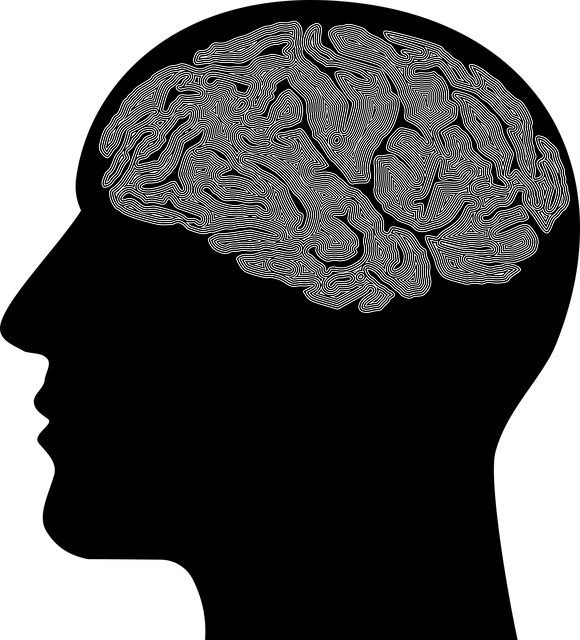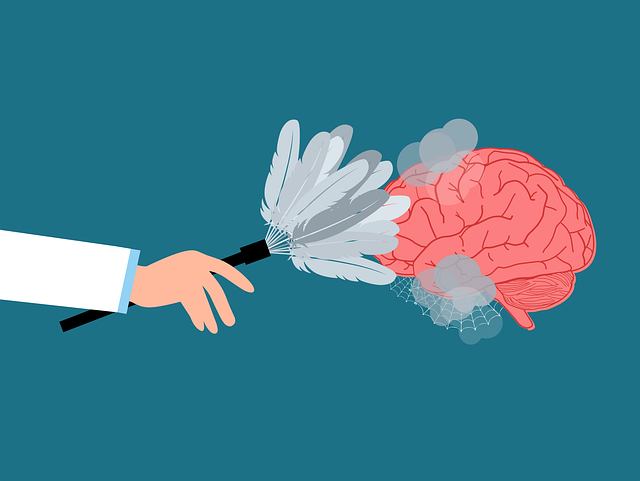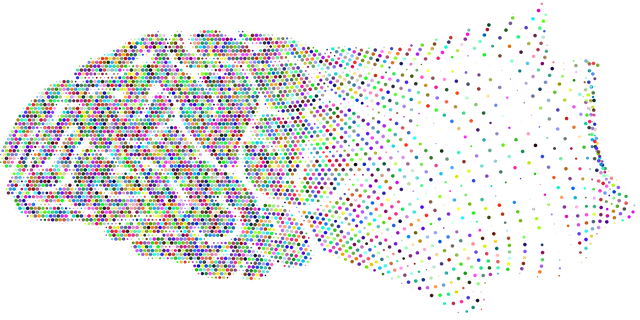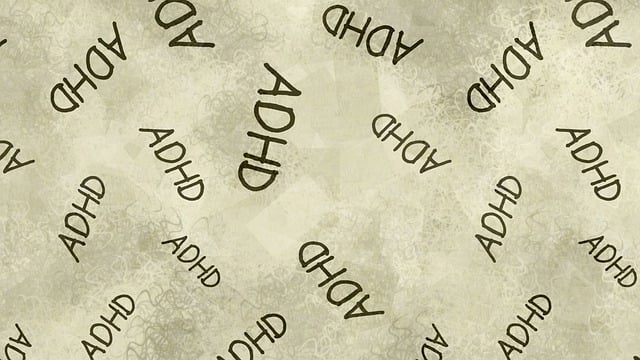Greenwood Village Sexual Addiction Therapy employs a multifaceted evaluation process that goes beyond satisfaction tracking, utilizing pre-post assessments, qualitative interviews, and quantitative surveys to assess behavioral changes, mental health symptom improvements, and overall quality of life. This holistic approach integrates mood management, emotional intelligence development, and burnout prevention strategies to foster sustainable recovery and resilience in individuals struggling with sexual addiction or other psychological challenges. By combining comprehensive interviews, questionnaires, and behavioral observations, therapists uncover underlying factors and tailor services to client needs, contributing to mental health services research. Regular follow-ups ensure long-term positive changes and maintain clients' progress.
Mental wellness program evaluations are crucial for assessing the effectiveness of interventions, particularly in addressing complex issues like sexual addiction. This article explores methods used to evaluate mental health programs, focusing on a case study of Greenwood Village Sexual Addiction Therapy. We delve into assessment techniques, from qualitative interviews to quantitative surveys, examining their role in measuring success and impact. By understanding these evaluation methods, professionals can optimize treatment outcomes for individuals seeking support in Greenwood Village and beyond.
- Understanding Mental Wellness Program Evaluation
- Assessment Techniques for Sexual Addiction Therapy in Greenwood Village
- Measuring Success and Impact of Treatment Programs
Understanding Mental Wellness Program Evaluation

Mental wellness program evaluation is a critical process that involves systematically assessing and measuring the effectiveness, impact, and outcomes of interventions designed to promote psychological well-being. It’s a multifaceted approach that goes beyond simply tracking participant satisfaction, delving into behavioral changes, improvements in mental health symptoms, and overall quality of life. By employing robust evaluation methods, such as pre-post assessments, qualitative interviews, and quantitative surveys, programs like Greenwood Village Sexual Addiction Therapy can gain valuable insights into what works, identify areas for improvement, and ensure their services align with the evolving needs of their clients.
Understanding the nuances of mental wellness requires a holistic perspective that integrates various concepts, including mood management techniques, emotional intelligence development, and burnout prevention strategies for healthcare providers. These elements play a pivotal role in fostering sustainable recovery and resilience among individuals seeking support for sexual addiction or other psychological challenges. Through rigorous evaluation, programs can tailor their approaches, foster better outcomes, and contribute to the broader field of mental health services research.
Assessment Techniques for Sexual Addiction Therapy in Greenwood Village

In Greenwood Village, Sexual Addiction Therapy involves a nuanced approach to assess and address complex issues stemming from sexual compulsion. Therapists utilize various assessment techniques tailored to uncover underlying factors contributing to sexual addiction, such as emotional regulation challenges, past traumas, or co-occurring mental health disorders. These methods include comprehensive interviews, standardized questionnaires, and behavioral observations to gain a holistic understanding of the client’s experience.
Effective evaluation for Greenwood Village Sexual Addiction Therapy also considers burnout prevention strategies for healthcare providers, ensuring that therapists themselves maintain well-being while supporting their clients. By integrating this self-care perspective, therapists can sustain their clinical effectiveness over time. Moreover, assessment should include an examination of depression prevention strategies, as sexual addiction often intersects with depressive disorders, requiring integrated treatment approaches to address both conditions concurrently.
Measuring Success and Impact of Treatment Programs

Measuring the success and impact of treatment programs is a crucial aspect of evaluating their effectiveness, especially in the context of mental wellness initiatives like Greenwood Village Sexual Addiction Therapy. This involves employing various assessment tools and techniques to gauge not only the immediate outcomes but also the long-term benefits. By assessing changes in symptoms, behaviors, and overall functioning, therapists can determine whether the program has achieved its intended goals.
One effective method is utilizing standardized measures that evaluate specific areas of concern, such as Social Skills Training for improving interpersonal interactions or Emotional Regulation techniques for managing stress and emotions. Additionally, following Mind Over Matter principles, which focus on cognitive restructuring and self-care practices, can offer valuable insights into clients’ ability to sustain positive changes. Regular follow-up sessions also play a vital role in understanding the lasting impact of the program, ensuring that clients maintain their progress and continue to thrive.
Evaluating mental wellness programs, such as Greenwood Village Sexual Addiction Therapy, is vital to ensuring their effectiveness and positive impact on clients. By employing diverse assessment techniques, including qualitative and quantitative methods, therapists can gain comprehensive insights into the success of treatment programs. Measuring improvements in symptoms, client satisfaction, and overall well-being allows for data-driven adjustments, ultimately enhancing the quality of care provided in Greenwood Village Sexual Addiction Therapy. Regular evaluation enables therapists to navigate the complex landscape of mental health treatment, fostering better outcomes for those seeking support.












